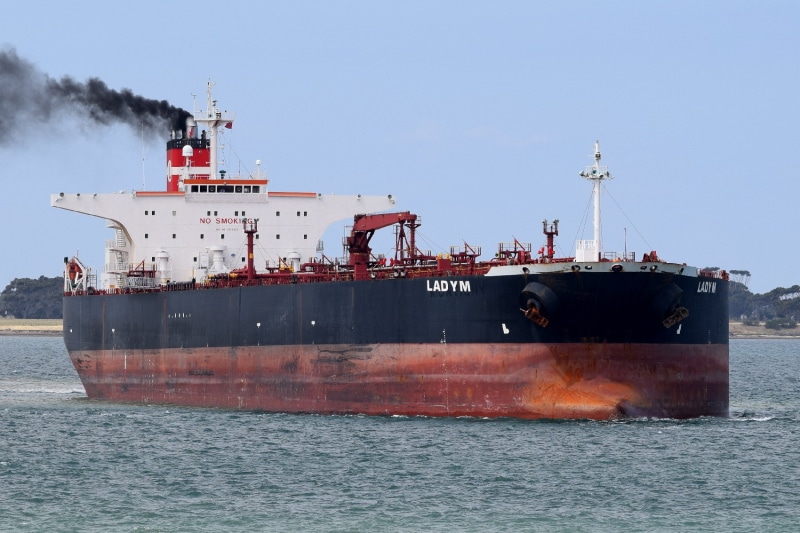The “Lady M” – The good old fire exception under the HVR
Image source: Balticshipping
Introduction
The Lady M suffered a fire which the parties agreed was deliberately caused by the chief engineer. The reasons given were either his extreme emotional stress or some undiagnosed personality disorder. The question was whether or not Owners were able to enforce a claim for general average (“GA”) against cargo interests, even if the fire was caused by barratry.
In order to answer this, it was necessary to determine whether Owners could rely on the fire exception under Article IV Rule 2(b) of the Hague Visby Rules (“HVR”), or the exception as to any other cause under Article IV Rule 2(q).
Article IV Rule 2 provides:
“Neither the carrier nor the ship shall be responsible for loss or damage arising or resulting from:
(b) Fire, unless caused by the actual fault or privity of the carrier;
(q) Any other cause arising without the actual fault or privity of the carrier, or without the fault or neglect of the agents or servants of the carrier, but the burden of proof shall be on the person claiming the benefit of this exception to show that neither the actual fault or privity of the carrier nor the fault or neglect of the agents or servants of the carrier contributed to the loss or damage.”
“Barratry” is an archaic term, defined by paragraph 11 of the schedule of the Marine Insurance Act 1906, entitled “Rules for Construction of Policy”, as including:
“[E]very wrongful act wilfully committed by the master or crew to the prejudice of the owner, or, as the case may be, the charterer.”
The Commercial Court decision[1]
Popplewell J, at first instance, defined barratry as a deliberate act or omission by the master, crew or other servant of the owners which is:
- a wrongful act or omission;
- to the prejudice of the interests of the owner of the ship or goods (whether or not such prejudice is intended); and
- without the privity of the owner.
In order for the act or omission to qualify as “wrongful” for the purposes of the above, it must be:
- what is generally recognised as a crime, including the mental element (or “mens rea”) necessary to make the conduct criminal; or
- a serious breach of duty owed by the person in question to the shipowner, committed by him knowing it to be a breach of duty or reckless whether that be so.
Popplewell J then decided that it was not possible to decide if the acts constituted barratry because further facts were needed as to the state of mind of the chief engineer. However, barratry did not prevent Owners having a defence under Article IV Rule 2(b), the fire exception. On the other hand, Article IV Rule 2(q) did not exempt Owners from liability.
The Court of Appeal decision[2]
The Court of Appeal agreed that, provided there was no breach of the seaworthiness obligations under the HVR, then, even when a fire is deliberately caused, shipowners can rely on the fire defence in Rule 2(b) unless the fire was actually caused by the Shipowners’ fault or privity. The meaning of the words of the fire exception is clear, there is no “implicit qualification” depending on how the fire was caused or who is responsible for it.
The Court of Appeal did not decide the point on barratry as it was not necessary for the decision. However, the issue of whether the chief engineer’s conduct constituted barratry was not determinative of whether owners were exempt under Article IV Rule 2(b) because it was agreed the fire was caused deliberately by him with intent to cause damage.
A copy of the judgment can be downloaded here.
Comment
The judgement provides clarification on the fire exception, the words are clear and, unless there is fault or privity on the part of owners, then owners have a defence, regardless of how the fire was caused. This is of course, subject to owners having complied with the seaworthiness requirements of Article III Rule 1.
The judgement also provides guidance on the interpretation of the HVR. Words in international conventions should be given their plain meaning, even if doing this means the previous law is altered. For this reason, cases pre-dating the rules should not be overly relied on as the use of such cases in the interpretation of the HVR is limited.
[1] Glencore Energy UK Ltd and Another v Freeport Holdings Ltd (The “Lady M”) [2017] EWHC 3348 (Comm)
[2] [2019] EWCA Civ 388







